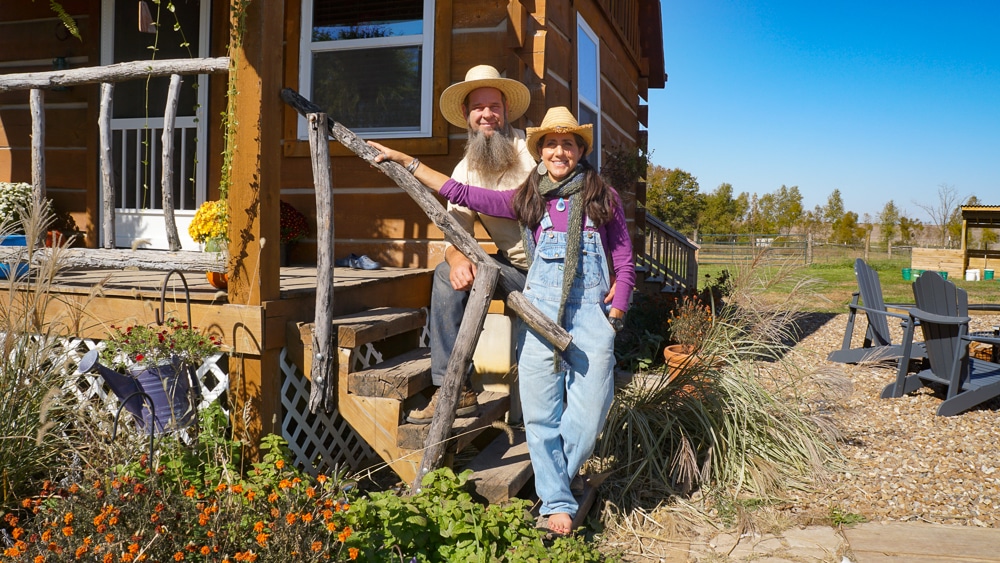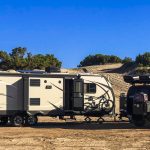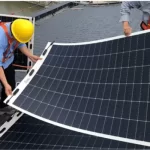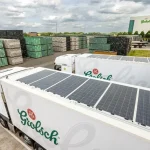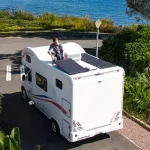Living off the Grid:Anything you want to know
By 2023, an increasing number of individuals will seek to disconnect from the grid, distancing themselves from the hustle and bustle of the modern world, and embracing a simpler way of life. While many use vacations to escape modern living, off-grid living offers a more permanent solution.
Off-grid living is a lifestyle that promotes self-sufficiency, sustainability, and environmental consciousness. Are you curious if off-grid living is right for you? Read on to find out.
Sungold solar panels stand out as one of the most efficient and powerful off-grid solar systems available. They utilize lightweight flexible solar panels or portable solar panels to convert sunlight into electricity, powering various appliances.
In this article, we will delve into the definition of off-grid living, its primary types, and how to embark on your off-grid journey. Living off the Grid: Anything you want to know
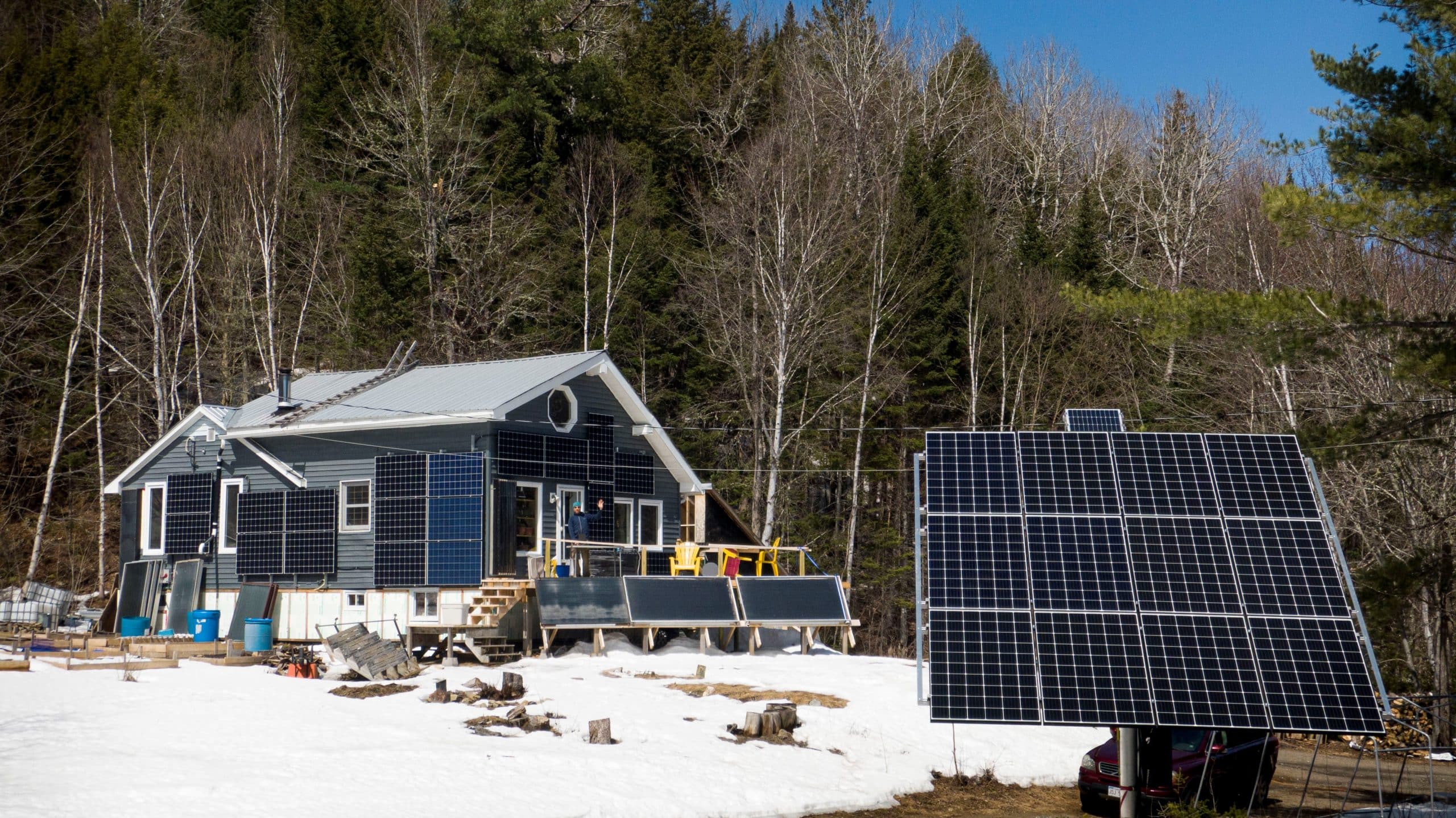
What Does Off-Grid Living Mean?
When we talk about off-grid living, it means breaking free from the reliance on traditional household electricity and the local power grid. In this lifestyle, you need to rely on your own sources of energy to fulfill various needs, including charging your phone and running household appliances like refrigerators, air conditioners, and heaters. This becomes particularly crucial when you are in remote areas far from urban power grids.
While technically off-grid living refers to the liberation from energy dependence on the power grid, more broadly, it signifies a self-sustaining way of life that doesn’t rely on mainstream society or urban resources. This includes sourcing food, water, shelter, and power independently.
For those living off-grid, basic requirements include ensuring a reliable water source, obtaining food, meeting the basic needs of shelter, and providing a dependable power supply. If your residence lacks a connection to the power grid (meaning you can’t use public utilities), you might need to take measures such as collecting rainwater or digging a well, utilizing flexible solar panels, and installing a septic system to meet these needs.
It’s important to emphasize that off-grid living does not equate to isolation from society. On the contrary, the primary goal of this lifestyle is to reduce dependence on public utilities and lead a more sustainable and self-sufficient life. In the following discussion, we will explore the reasons why people choose to embrace off-grid living.
Why Do People Choose Off-Grid Living?
As solar off-grinders, we have many reasons for embarking on the journey of off-grid living. While some might assume that we disconnect from the grid to escape something, the truth is, there are various factors we seek to avoid.
Environmental Benefits (Reducing Carbon Footprint): Low-tech off-grid living offers unparalleled environmental benefits. By reducing energy consumption, promoting sustainable water sources, and eliminating dependence on automobiles, our carbon footprint gradually decreases. Off-grid living isn’t always inherently more eco-friendly, but when we utilize solar power and clean water sources while avoiding environmental pollution, it becomes a more sustainable choice.
Healthier Lifestyle: Off-grid living also introduces a healthier way of life. While living off-grid can be challenging, obtaining food and water often involves physical labor, encouraging a healthier lifestyle. Our daily routines are filled with physical activities as there are fewer conveniences to perform tasks for us. Moreover, off-grid living typically involves gardening, healthier dietary choices, and more physical exercise, allowing us to have better control over the ingredients in our food, and contributing to an overall healthier lifestyle.
Cost Efficiency: Once the infrastructure for off-grid living is established, it becomes highly cost-efficient. We spend considerably less on electricity, water, and food. Over the years, energy costs have been consistently rising, especially electricity bills. Off-grid living significantly reduces our expenses.
Reduced Stress and Anxiety: Stepping away from the hustle and bustle of urban life and spending more time in nature helps alleviate the stress associated with city living. In off-grid cabins, while there are tasks to be completed, they are usually simpler. Off-grid living is a straightforward lifestyle that doesn’t bring excessive stress or anxiety.
These are some of the compelling reasons why individuals choose to embrace off-grid living as solar off-gridders.
Types of Off-Grid Living
Zero-Tech Lifestyle
Today, many people are finding themselves struggling to adapt to a zero-tech lifestyle. Our lives are heavily reliant on smartphones and laptops, but when living off the grid, we don’t always have access to these tools.
Extreme off-grid living often stems from extreme environmental conditions. For example, venturing into desolate, remote areas such as deserts or mountain peaks forces individuals into an off-grid state.
This extreme lifestyle is sometimes referred to as “hard living,” implying residing in shelters with no standard power supply or access to running water. In such circumstances, one must seek nearby rivers or lakes for drinking water.
As for sources of power or energy, one option is to utilize solar generators, harnessing solar energy to charge appliances. This is one of the most cost-effective yet challenging forms of off-grid living.
Disconnecting from Modern Water and Power Grids
Unlike extreme off-grid living, some forms of off-grid living are the most comfortable and easily achievable for the majority. The primary goal is to significantly reduce reliance on municipal resources while increasing self-sufficiency.
In this scenario, you’ll have a septic tank system instead of being connected to a public sewer system. Similarly, during cold winters, you’ll use a wood-burning stove to heat your home instead of electric heaters.
Modern Off-Grid Living
One of the most popular off-grid methods for enthusiasts is modern off-grid living. Here, you can enjoy modern conveniences while taking steps towards self-sufficiency. Although the initial cost of modern off-grid living can be high, over time, you can reduce expenses.
Also known as fully off-grid living, it grants you access to various power sources, modern facilities, and clean water. Those living in the modern off-grid style use modern appliances for cooking. Some even choose to raise livestock and grow their own food.
Sungold Empowers Solar Off-Grid Living
Off-grid living is one of the best ways for people to escape urban life and its hustle and bustle. However, investing in the right tools is crucial. Sungold’s portable solar panels are designed with off-grid living in mind, providing reliable clean energy.
The Sungold solar system consists of hi-power 200W solar panels and the EcoFlow portable power station. The former captures solar energy, while the latter stores power for future use. Portable energy storage can power many devices, including but not limited to lights, power tools, electric grills, and more. The perfect combination of these components ensures long-term outdoor living.
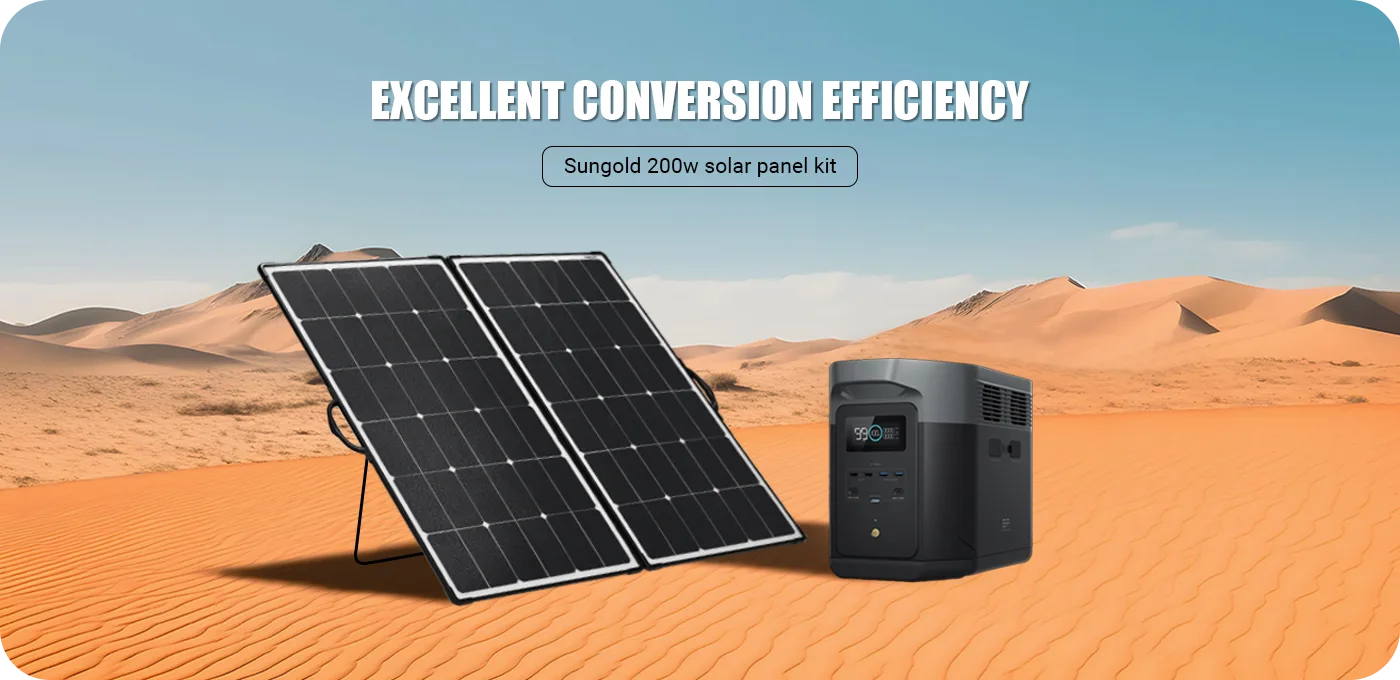
But why should you choose Sungold Solar to meet your off-grid living needs? For adventurers, Sungold Solar systems offers an environmentally friendly and efficient power source, maximizing the conversion of solar energy into electricity. Additionally, these portable solar panels are user-friendly and require minimal maintenance, making them a dependable choice for off-grid enthusiasts.


